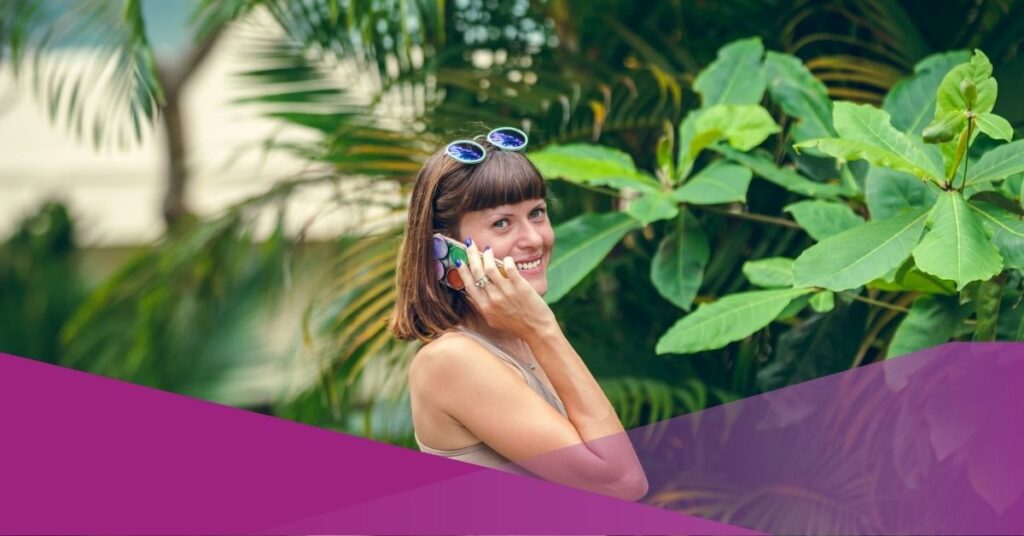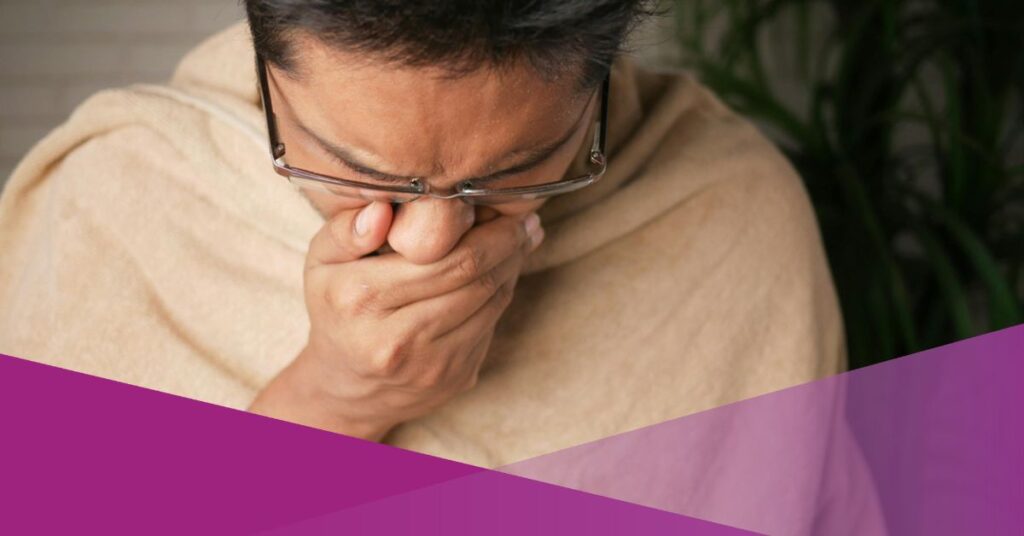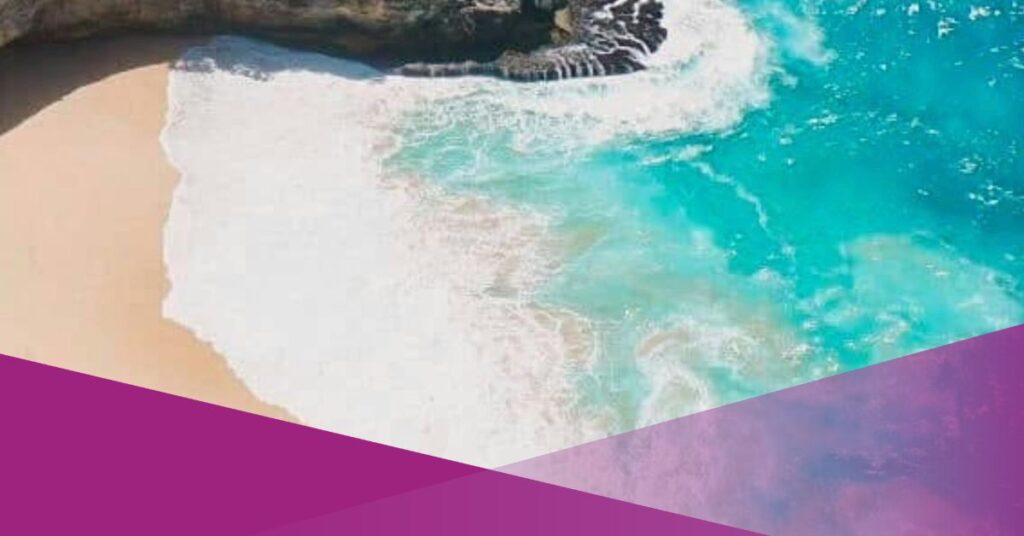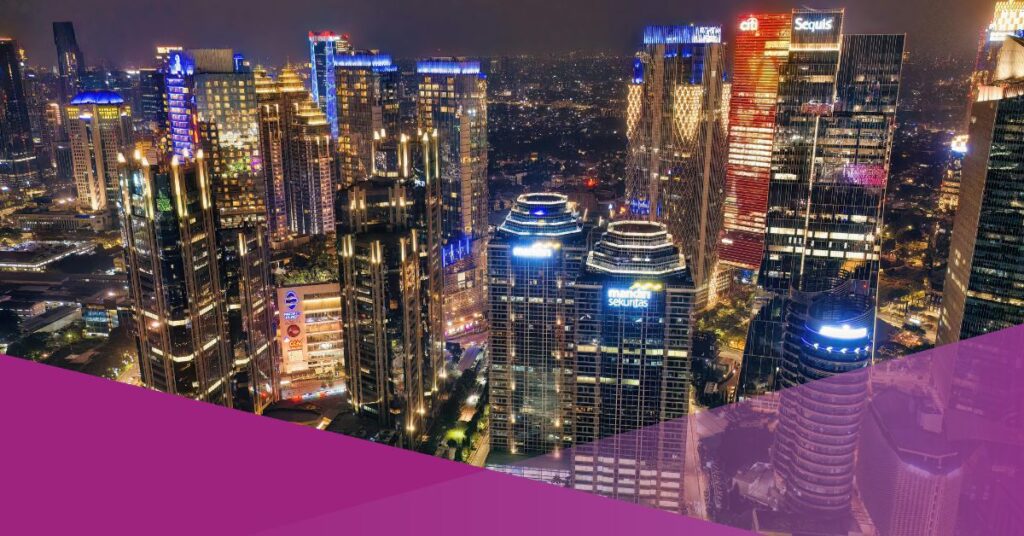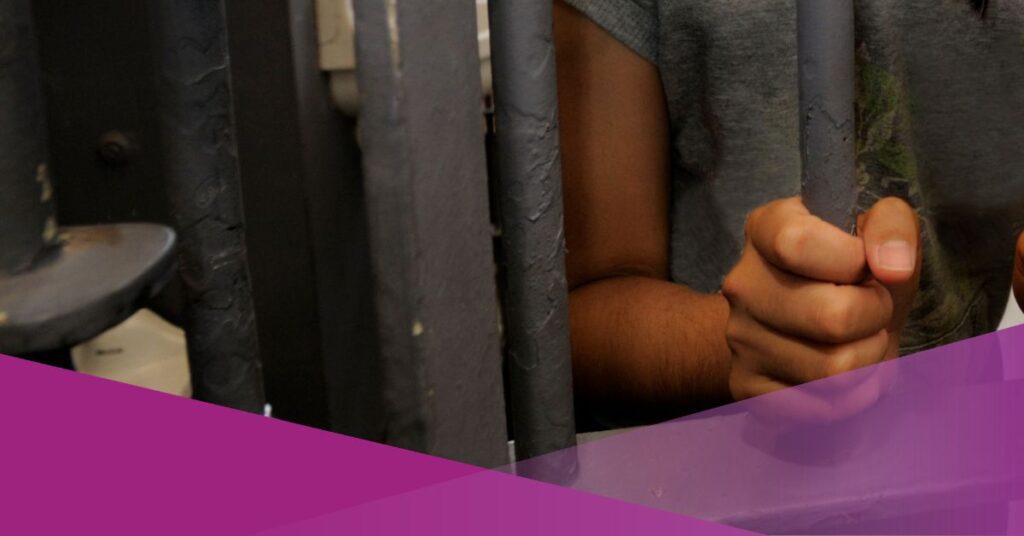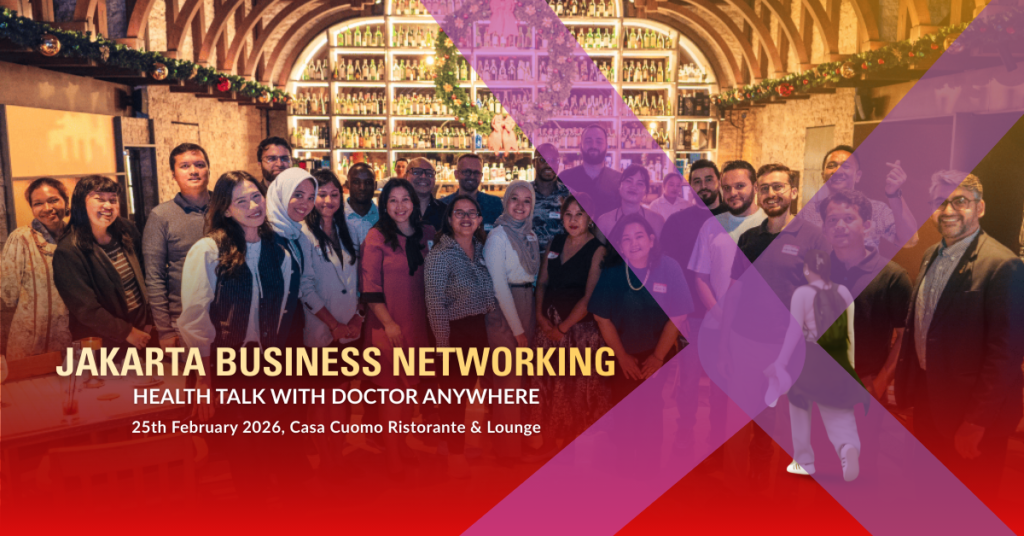Bali, also known as the Island of the Gods, is a popular tourist destination in Indonesia, known for its beautiful scenery, rich culture, and friendly people. However, as with any trip, it is critical to be fully prepared before going to Bali. In this article, we’ll go over why it’s critical to have hospital contact and hotline information on hand when exploring this stunning island.
We’ll go over the medical resources available to tourists in Bali, from local Bali hospitals to internationally accredited medical facilities, midwifery services, and clinics, to ensure that their trip is safe and enjoyable. So, let’s get started and see what medical assistance options are available to tourists in Bali.
Understanding Bali’s Healthcare System
Overview of Bali’s healthcare system
The healthcare system in Bali is a mix of public and private facilities. The government runs the public healthcare system, which includes government hospitals and clinics, while the private sector includes private hospitals and clinics. Healthcare quality varies greatly in Bali, with better facilities and services typically found in the private sector, particularly in popular tourist areas.
Advantages and Disadvantages of Bali’s healthcare system
Here is the explanation of the advantages and disadvantages while you having a healthcare system in Bali:
Advantages of Bali’s healthcare system:
Affordability
In comparison to many Western countries, healthcare costs in Bali are relatively low, particularly in public facilities.
Availability
Healthcare facilities, such as hospitals, clinics, and pharmacies, are reasonably available in Bali, particularly in tourist areas.
Traditional Medicine
Bali has a long history of traditional medicine, which provides alternative treatments and therapies that some people may find useful.
Accessibility
Due to the island’s small size and well-developed transportation network, healthcare facilities in Bali are often easily accessible, even in remote areas.
Disadvantages of Bali’s healthcare system:
Quality of Care
While some private hospitals in Bali provide excellent care, the overall quality of healthcare can vary. Public healthcare facilities may have limited resources and longer waiting times.
Language Barrier
Communication can be a challenge as the primary language of healthcare providers is Indonesian. Limited English proficiency among healthcare staff may pose difficulties for English-speaking travellers.
Infrastructure
Some healthcare facilities in Bali may lack the latest medical equipment and technologies, particularly in rural areas.
Medical Evacuation
In cases of severe illness or injury, medical evacuation to a neighbouring country with more advanced healthcare facilities may be necessary, which can be expensive.
The importance of knowing the healthcare system in a foreign country when planning for a trip
Understanding a foreign country’s healthcare system is critical for safety, preparedness, communication, and cultural considerations. Knowing the local language and medical jargon can help you communicate with healthcare providers and make more informed decisions.
Before travelling to a foreign country, such as Bali, it is also important to consult with a doctor and consider travel insurance that covers medical expenses.
Common Medical Emergencies in Bali
Types of medical emergencies that are common among tourists in Bali
The most critical details in this text are the types of medical emergencies that occur frequently among Bali tourists. Dehydration and heat exhaustion, gastrointestinal problems, motor vehicle accidents, water-related injuries, and insect bites and diseases are among them.
Dehydration and heat exhaustion can result in dehydration and heat-related illnesses, whereas gastrointestinal issues can result in food poisoning, car accidents, and water-related injuries. Accidents involving motor vehicles can result in injuries or trauma, whereas water-related injuries can result in drownings or water-related injuries.
Possible causes of medical emergencies and how to avoid them
Drink plenty of water, avoid drinking too much alcohol, patronise reputable restaurants and street vendors, and drink bottled or purified water. When renting and driving motorcycles, use caution, obey local traffic laws, wear helmets, and avoid driving under the influence of alcohol or drugs.
Swim only in lifeguarded areas, be aware of water conditions, and supervise children in or near the water. Use DEET-containing mosquito repellents, long-sleeved clothing and pants, and sleep in accommodations with screened windows or air conditioning.
Prevention strategies for common medical emergencies while travelling in Bali
Medical emergencies, research and preparation, vaccinations, medication and first aid, and staying informed all necessitate travel insurance. Investigate and prepare by gathering local emergency phone numbers, healthcare facilities, and contact information. Carry a basic first-aid kit, as well as prescription and over-the-counter medications.
Hospital Contact and Hotline Information
Public hospitals in Bali
The government operates public hospitals in Bali, providing healthcare to locals and foreigners. Prof. dr. I.G.N.G. Ngoerah General Hospital (RSUP Sanglah) in Denpasar and Tabanan General Hospital (RSUD Tabanan) are two well-known public hospitals in Bali.
These hospitals provide a variety of medical specialities as well as emergency care. When seeking treatment at public hospitals, it is best to have a local contact or a translator on hand, as English proficiency among staff may vary.
Prof. dr. I.G.N.G. Ngoerah General Hospital (Rumah Sakit Umum Sanglah):
-
- Contact: +62 361 227 911
- Address: Jl. Diponegoro, Dauh Puri Klod, Denpasar, Bali
Tabanan General Hospital (Rumah Sakit Umum Tabanan):
-
- Contact: +62 368 222 144
- Address: Jl. Pahlawan, Delod Peken, Kec. Tabanan, Kabupaten Tabanan, Bali
Private hospitals in Bali
Private hospitals in Bali provide a higher level of care and frequently cater to tourists and expatriates. These hospitals typically have modern facilities, cutting-edge medical technology, and staffs who speak English.
BIMC Hospital in Kuta and Kasih Ibu Hospital are two popular private hospitals in Bali. Private hospitals may be more expensive than public hospitals, but they offer patients greater comfort and convenience.
BIMC Hospital:
-
- Contact: +62 361 761 263
- Address: Jl. By Pass Ngurah Rai No.100X, Kuta, Badung, Bali
Kasih Ibu Hospital:
-
- Contact: +62 361 244 277
- Address: Jl. Teuku Umar No.120, Dauh Puri Klod, Denpasar, Bali
International hospitals in Bali
International hospitals in Bali are specialised medical facilities that only serve international patients. These hospitals are well-equipped to provide a wide range of medical services while also providing a higher level of comfort and service.
Siloam Hospital and Bali Royal Hospital are two notable international hospitals in Bali. Multilingual staff, streamlined administrative processes, and dedicated international patient services are common features of these hospitals.
Siloam Hospitals:
-
- Contact: +62 361 779 900
- Address: Jl. Sunset Road No.818, Seminyak, Kuta, Badung, Bali
Bali Royal Hospital:
-
- Contact: +62 361 849 6646
- Address: Jl. Mahendradatta No.57, Denpasar, Bali
Read this article to know more about international hospitals to reach out in Bali:
Midwifery services in Bali
Midwifery services are an important part of prenatal and postnatal care in Bali. Expectant mothers can get antenatal checks, help with childbirth, and postpartum care from local midwives.
Midwifery services are also available in community health centres (Puskesmas) and private practises throughout the island, in addition to hospitals and clinics. Midwives are critical to the health and well-being of mothers and newborns in Bali.
Bina Usada Indonesia Clinic:
-
- Contact: +62 817 378 911
- Address: Jl. Gatot Subroto Barat No.455x,
Padangsambian Kaja, Kec. Denpasar Bar.,
Kota Denpasar, Bali
Rumah Bersalin Kadek Ari:
-
- Contact: +62 812 3612 1964
- Address: Jl. Raya Kerobokan No.105, Kerobokan, Kuta Utara, Kabupaten Badung, Bali
Medical clinics in Bali
Medical clinics in Bali provide various general healthcare services, such as primary care, minor surgery, vaccinations, and general practitioner consultations.
These clinics are typically smaller than hospitals, but they provide accessible and affordable non-emergency medical care. Bali 911 Clinic, SOS Medika Kuta, and Prima Medika Hospital are some of the medical clinics in the island. Before visiting a clinic, it is best to check its operating hours and services.
SOS Medika Bali:
-
- Contact: +62 361 710 505
- Address: Jl. Bypass Ngurah Rai No.505X, Kuta, Badung, Bali
International SOS Clinic Bali:
-
- Contact: +62 361 761 263
- Address: Jl. By Pass Ngurah Rai No.100X, Kuta, Badung, Bali
FAQ
Q: Why is it important for tourists in Bali to have hospital contact and hotline information?
A: Having hospital contact and hotline information is crucial for tourists in Bali to ensure quick access to medical assistance in case of emergencies or unexpected health issues.
Q: How can I obtain hospital contact and hotline information in Bali?
A: You can research and gather hospital contact and hotline information before your trip by referring to reliable sources such as official tourism websites, and travel guides, or contact your travel agent for up-to-date information.
Q: What types of hospitals are available in Bali for tourists?
A: Bali has public hospitals, private hospitals, and international hospitals that cater to the needs of both local residents and tourists. Public hospitals are government-operated, while private hospitals are privately owned. International hospitals generally offer higher standards of healthcare and cater to the needs of international patients.
Q: Are there specific hospitals or clinics that offer midwifery services in Bali?
A: Yes, there are hospitals and clinics in Bali that provide midwifery services. Bina Usada Indonesia Clinic and Rumah Bersalin Kadek Ari are examples of facilities that offer midwifery services.
Q: How can I find a suitable medical clinic in Bali for non-emergency situations?
A: You can research and identify medical clinics in Bali that meet your specific needs. Consider factors such as location, services offered, and reviews from other tourists or locals. SOS Medika Bali and International SOS Clinic Bali are a couple of examples of medical clinics in Bali.
Q: What should I do in case of a medical emergency in Bali?
A: In case of a medical emergency in Bali, call the appropriate emergency hotline number (e.g., 112) and inform them about your situation. You can also contact the hospital directly using the provided contact numbers and follow their instructions.
Q: Should I consider purchasing travel insurance that covers medical emergencies while visiting Bali?
A: Yes, it is highly recommended to have travel insurance that covers medical emergencies when visiting Bali. Travel insurance can provide financial protection and assistance in case of medical emergencies, including hospitalization, medical evacuation, and repatriation.
Q: Can language be a barrier when seeking medical assistance in Bali?
A: English is spoken in many healthcare facilities in Bali, particularly those catering to tourists. However, there might be instances where language barriers exist. It is helpful to have key medical phrases or carry a translation app to facilitate communication in such situations.
Q: What other precautions should I take to stay prepared for medical emergencies in Bali?
A: Along with hospital contact and hotline information, it is advisable to research and understand the local healthcare system, carry necessary medications, practice good hygiene, stay hydrated, and follow safety guidelines to minimize the risk of medical emergencies while travelling in Bali.
Conclusion
It is essential to be prepared for medical emergencies while travelling in order to have a safe and worry-free trip. It is recommended that you purchase travel insurance, research the local healthcare system, and understand any language barriers before travelling to Bali.
Furthermore, good hygiene, staying hydrated, and following safety guidelines can help reduce the risk of medical emergencies. Tourists should consult with healthcare professionals and refer to up-to-date sources for the most accurate information before their trip to ensure a safe and enjoyable journey.
Looking for more health and wellness tips and recommendations during your time in Indonesia? Check out the other Health & Wellness articles from Social Expat!
